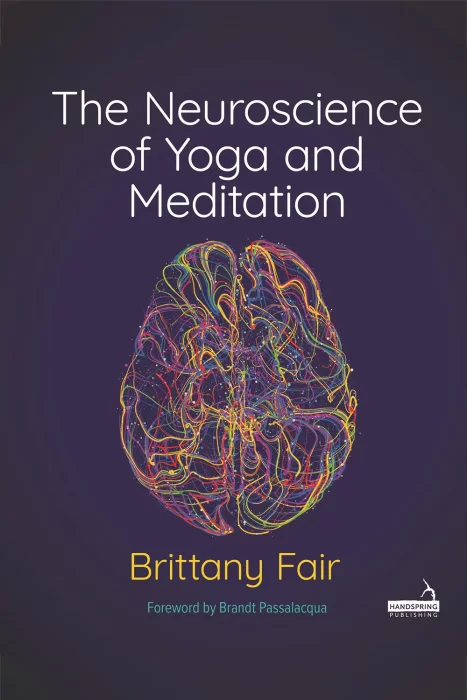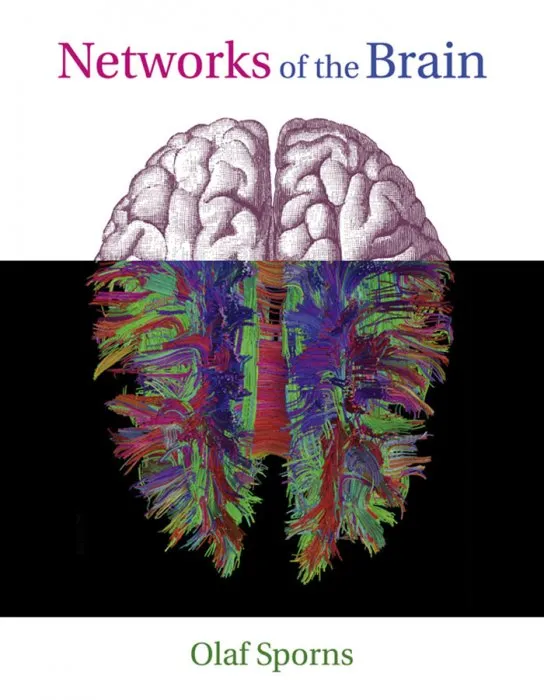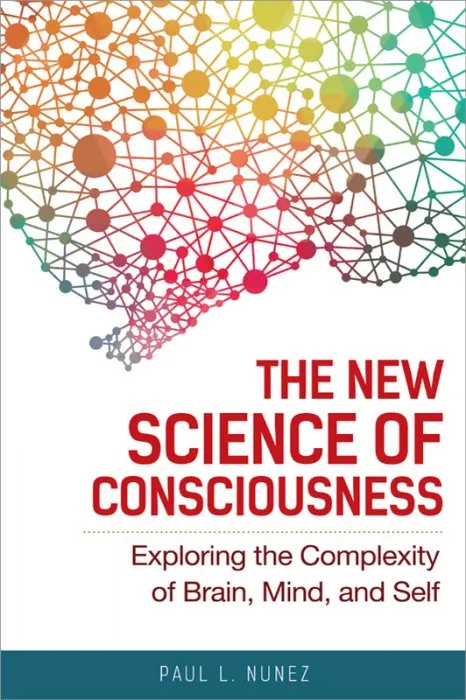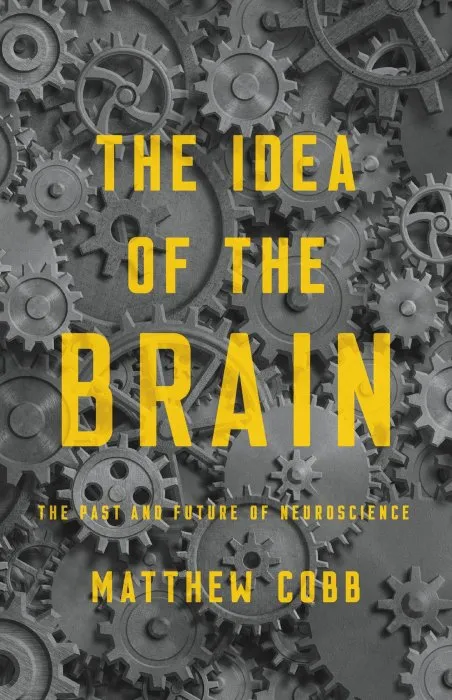The Brain Abstracted: Simplification in the History and Philosophy of Neuroscience
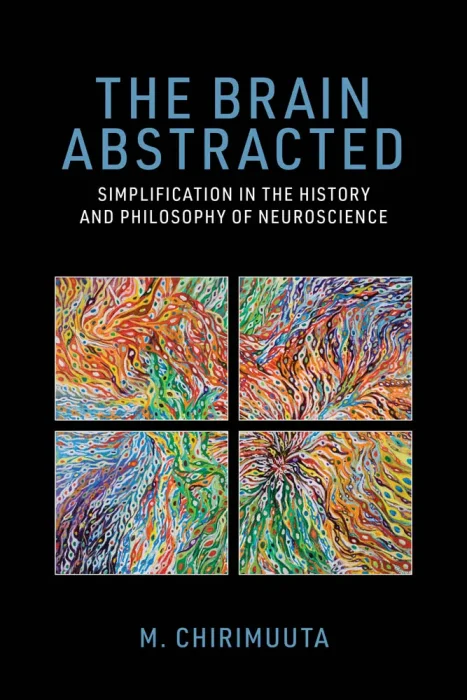
Date: March 5th, 2024
ISBN: 0262548046
Language: English
Number of pages: 376 pages
Format: EPUB
Add favorites
An exciting, new framework for interpreting the philosophical significance of neuroscience.
All science needs to simplify, but when the object of research is something as complicated as the brain, this challenge can stretch the limits of scientific possibility. In fact, in The Brain Abstracted, an avowedly “opinionated” history of neuroscience, M. Chirimuuta argues that, due to the brain’s complexity, neuroscientific theories have only captured partial truths—and “neurophilosophy” is unlikely to be achieved. Looking at the theory and practice of neuroscience, both past and present, Chirimuuta shows how the science has been shaped by the problem of brain complexity and the need, in science, to make things as simple as possible. From this history, Chirimuuta draws lessons for debates in philosophy of science over the limits and definition of science and in philosophy of mind over explanations of consciousness and the mind-body problem.
The Brain Abstracted is the product of a historical rupture that has become visible in the twenty-first century, between the “classical” scientific approach, which seeks simple, intelligible principles underlying the manifest complexity of nature, and a data-driven engineering approach, which dispenses with the search for elegant, explanatory laws and models. In the space created by this rupture, Chirimuuta finds grounds for theoretical and practical humility. Her aim in The Brain Abstracted is not to reform neuroscience, or offer advice to neuroscientists, but rather to interpret their work—and to suggest a new framework for interpreting the philosophical significance of neuroscience.
All science needs to simplify, but when the object of research is something as complicated as the brain, this challenge can stretch the limits of scientific possibility. In fact, in The Brain Abstracted, an avowedly “opinionated” history of neuroscience, M. Chirimuuta argues that, due to the brain’s complexity, neuroscientific theories have only captured partial truths—and “neurophilosophy” is unlikely to be achieved. Looking at the theory and practice of neuroscience, both past and present, Chirimuuta shows how the science has been shaped by the problem of brain complexity and the need, in science, to make things as simple as possible. From this history, Chirimuuta draws lessons for debates in philosophy of science over the limits and definition of science and in philosophy of mind over explanations of consciousness and the mind-body problem.
The Brain Abstracted is the product of a historical rupture that has become visible in the twenty-first century, between the “classical” scientific approach, which seeks simple, intelligible principles underlying the manifest complexity of nature, and a data-driven engineering approach, which dispenses with the search for elegant, explanatory laws and models. In the space created by this rupture, Chirimuuta finds grounds for theoretical and practical humility. Her aim in The Brain Abstracted is not to reform neuroscience, or offer advice to neuroscientists, but rather to interpret their work—and to suggest a new framework for interpreting the philosophical significance of neuroscience.
Download The Brain Abstracted: Simplification in the History and Philosophy of Neuroscience
Similar books
Information
Users of Guests are not allowed to comment this publication.
Users of Guests are not allowed to comment this publication.
